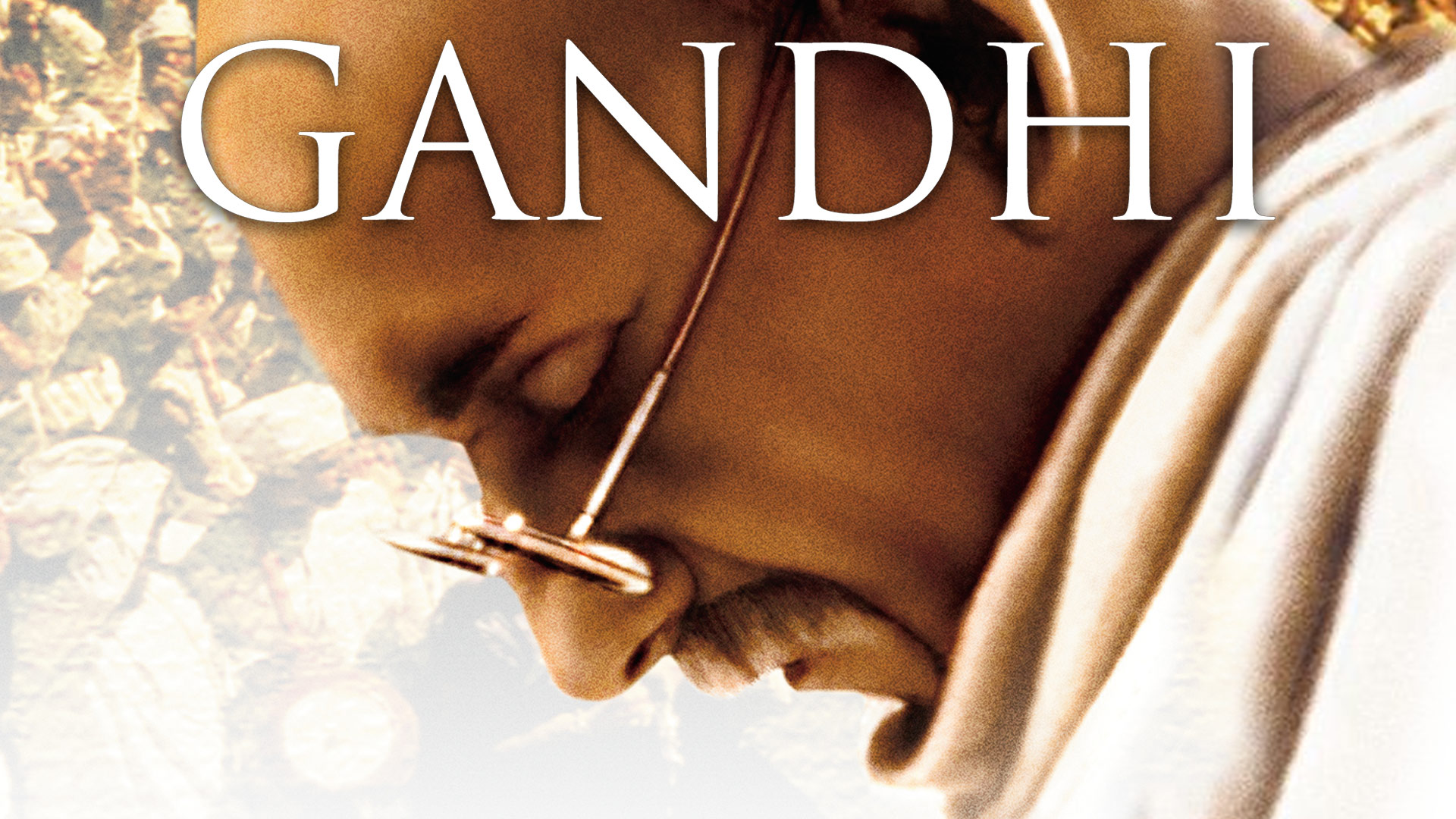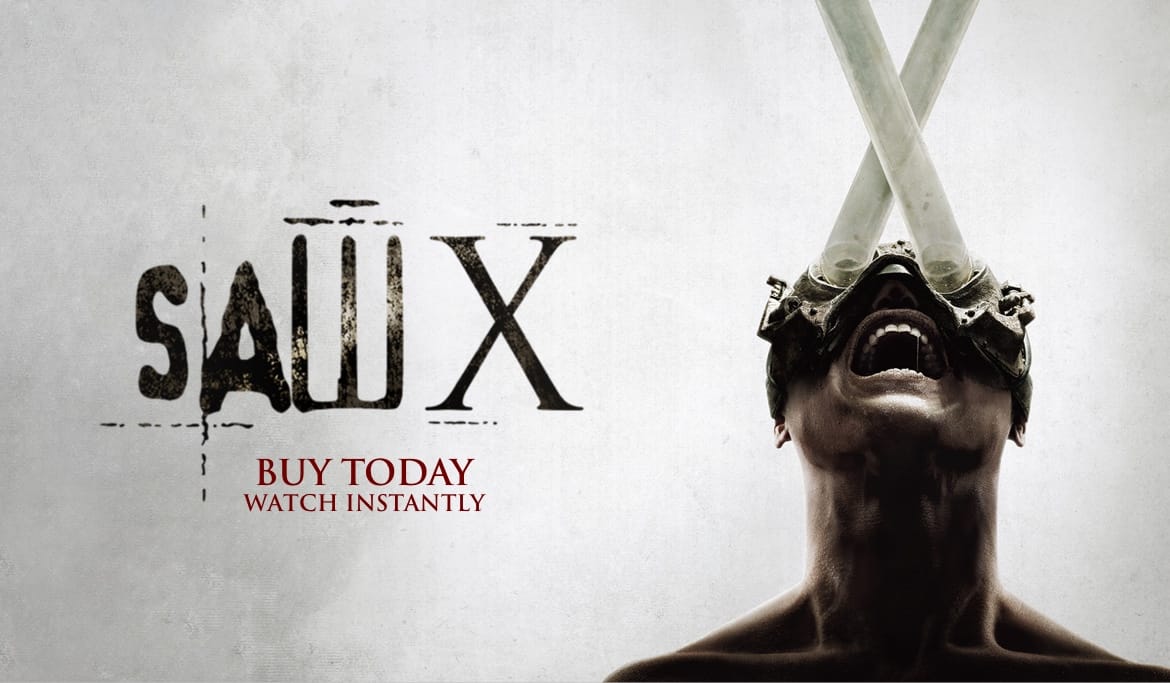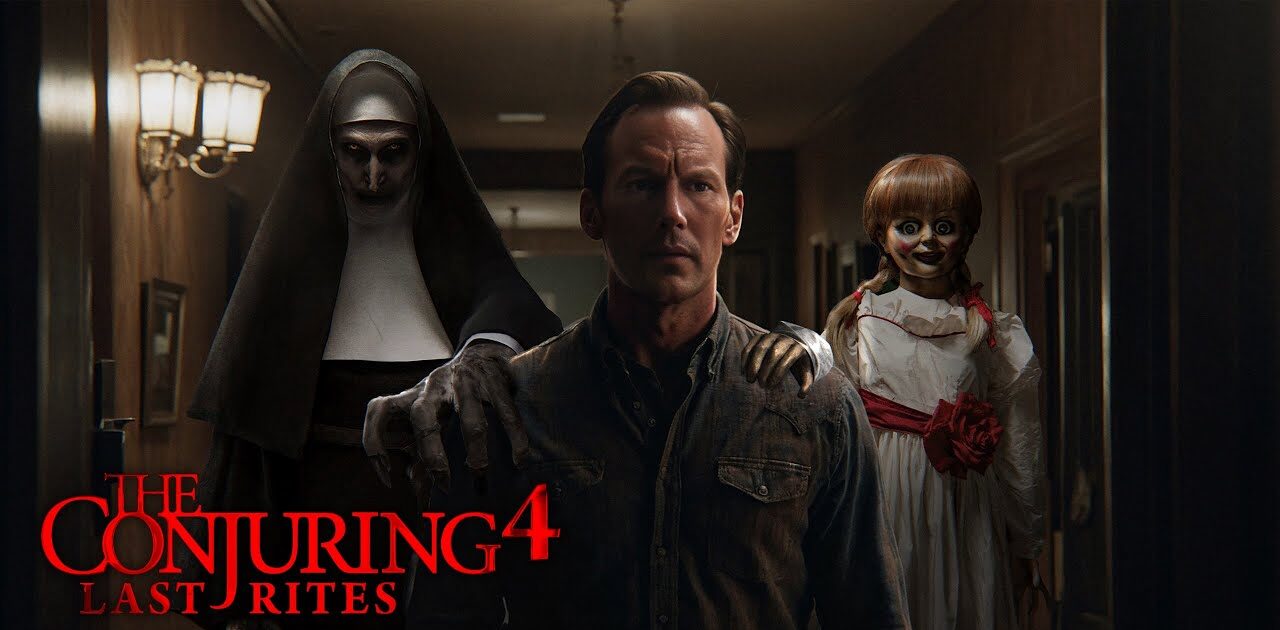Gandhi (1982) – A Cinematic Masterpiece on the Life of Mahatma Gandhi
Gandi is an epic biographical film released in 1982. It is the story of Mohandas Karamchand Gandhi, the man who led the nonviolent independence movement of India against British rule. Directed by Richard Attenborough and with a cast including Ben Kingsley in the lead role, this film gives an all-inclusive and deeply moving account of the journey of this young lawyer in South Africa to the ‘Father of the Nation’ in India.

Plot Summary
The movie begins with the assassination of Mahatma Gandhi on 30 January 1948, at Birla House in Delhi. After this devastating incident, the story goes back to 1893 when young lawyer Gandhi encountered racial discrimination in South Africa. This incident is a defining moment that takes him to crusade for civil rights and peaceful resistance. He stages protests against unfair laws. He develops Satyagraha or peaceful resistance.
When Gandhi returns to India, he embarks on a mission to unite the country against British rule through peaceful protests, civil disobedience, and self-reliance. The film masterfully portrays key historical events, including the Non-Cooperation Movement, the Salt March of 1930, and the Quit India Movement. It also delves into Gandhi’s relationships with influential figures like Jawaharlal Nehru, Sardar Patel, and Mohammed Ali Jinnah. Despite his strong following, religious squabbles dog Gandhi’s dream, culminating in the fragmentation of India that resulted in 1947 into Pakistan.
Finally, the ending scene depicts an account of his assassination by Nathuram Godse, along with a shot of his funeral procession accompanied by millions whose leader made through non-violent and truthful expressions shape the destinies of entire nations.
Cast and Performances
In essence, Gandhi was characterized by the strong ensemble it boasted, all led by none other than a career-defining performance by the talented Ben Kingsley.
Ben Kingsley as Mahatma Gandhi – Truly an outstanding one, Kingsley embodies Gandhi both in body resemblance, voice, and spirit, and his was the performance for which he even received an Oscar for Best Actor.
Candice Bergen as Margaret Bourke-White: She was the celebrated American photojournalist covering Gandhi’s twilight years and the Indian independence campaign.
Roshan Seth as Jawaharlal Nehru – A true Gandhi associate, and India’s first Prime Minister, portrayed so richly in depth.
Daniel Day-Lewis as Colin – A small yet significant role in his early days of acting experience.
Amrish Puri as Khan – Portraying some of the variegated forms of resistance that existed in colonial India.
Rohini Hattangadi as Kasturba Gandhi – Gandhi’s wife, who stood by him through every struggle, offering emotional and moral support.
Martin Sheen as Walker – A journalist who covers Gandhi’s movements and propagates his ideas internationally.
Alyque Padamsee as Mohammed Ali Jinnah – The founder of Pakistan, is depicted as a strong political leader who had ideological differences with Gandhi.
Direction and Cinematic Brilliance
Richard Attenborough’s direction is meticulous, bringing Gandhi’s journey to life with historical accuracy and emotional depth. The screenplay, written by John Briley, ensures that the film remains both engaging and educational.
It is the cinematography by Billy Williams and Ronnie Taylor that captures the greatness and mess of India’s struggle for independence. Vast landscapes, like at the Dandi March and mass protests, are captured with a marvelous vision. The movie has all authentic locations from India which gives it an air of reality.
The background score by Ravi Shankar adds an authentic Indian touch, enhancing the emotional impact of key moments. The costume design set decorations, and attention to historical detail further contribute to the immersive experience of the film.

Themes and Historical Accuracy
The film explores several themes, including:
Nonviolence and Civil Disobedience – Gandhi’s philosophy of Satyagraha is depicted through various peaceful protests against British rule.
Unity and Religious Harmony – The film highlights Gandhi’s efforts to bridge Hindu-Muslim differences, though the Partition remains a tragic element.
Colonialism and Freedom – The struggles against British imperialism are shown in a way that highlights both oppression and the resilience of the Indian people.
The Power of Leadership – The film portrays Gandhi not just as a political leader, but as a moral force whose principles inspired millions worldwide.
Though Gandhi is largely devoted to the authenticity of historical facts, some criticism is that it romanticizes aspects and does not include the politicking involved as well as other figures’ contributions. Some other critics also criticize the fact that the film somewhat simplifies the independence movement overall by not offering equal importance to other key leaders.
Awards and Recognition
Gandhi was a box office success both critically and commercially, garnering several awards:
Academy Awards (Oscars) – The movie received eight Academy Awards, with the awards being Best Picture, Best Director – Richard Attenborough, and Best Actor – Ben Kingsley.
Golden Globe Awards – Received Best Foreign Film and Best Actor.
BAFTA Awards – It received awards for Best Film, Best Direction, and Best Actor.
National Board of Review – The film ranked as one of the top ten films of the year.
It was a British production, yet the film earned huge appreciation in India and went on to garner critical acclaim due to its dignified portrayal of Gandhi.
One of the most incredible biographical films ever, the film continues to inspire peace and resistance globally.
Legacy and Impact
Decades have passed since its release, but Gandhi remains a landmark film. It is an educational tool that teaches younger generations about Gandhi and India’s struggle for independence. It also catapulted Ben Kingsley into the rank of an actor of incredible range.
Such footage is often put into schools and universities as educational materials in histories and political lessons. Many present world leaders have credited the documentary for inspiring some understanding of this method of social nonviolent protest.
Apart from that, the movie has also inspired other historical dramas and biopics depicting important people in cinemas. The realistic yet inspirational narrative structure of Gandhi is followed by filmmakers to depict influential historical leaders with authenticity and depth.

Conclusion
Gandhi (1982) is more than a film: it’s a powerful tribute to one of history’s most influential leaders. Compelling storytelling, stellar performances, and historical significance make the movie timeless. Whether seen to be cinematic beauty or historical insight, Gandhi stands as an enduring masterpiece in world cinema. It remains a landmark in storytelling that lights on the power of nonviolence, perseverance, and the quest for justice.




